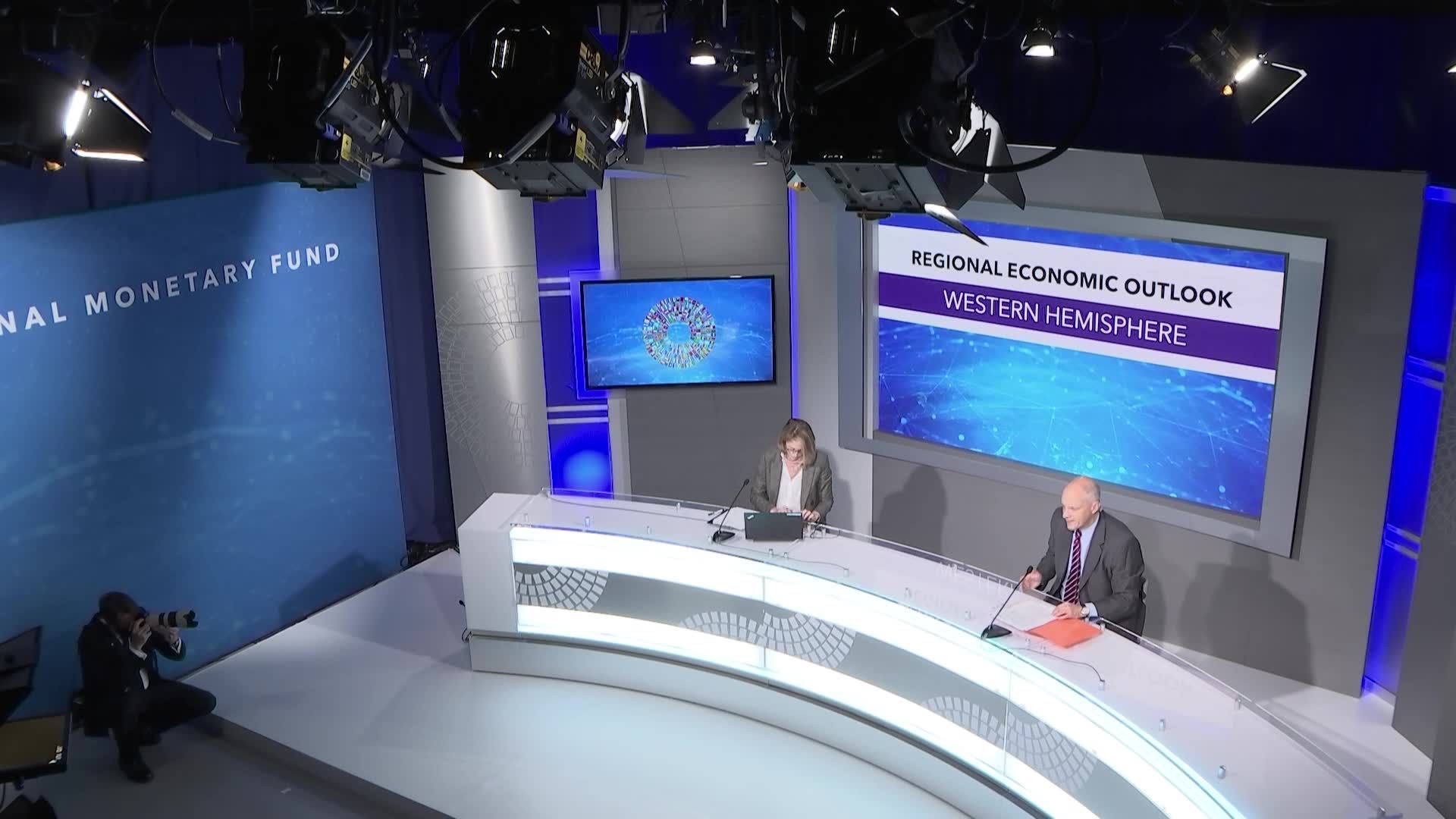COVID-19 has hit Latin America and the Caribbean harder than other parts of the world, both in human and economic terms, the IMF reported on Thursday (Oct.22) in Washington, DC.
The IMF forecasts a contraction of 8.1 percent in 2020 and unlike in previous recessions, employment contracted more strongly than GDP in the second quarter of 2020 announced Alejandro Werner, Director of Western Hemisphere Department at the IMF.
“The regional GDP in 2020 will contract by 8.1 percent. Contrary to other recessions, employment decreased even more, 20 percent as an average in larger countries and up to 40 percent in the case of Peru,” said Werner.
Werner warned that although many jobs will be recovered as activity resumes, current estimates point to lasting income losses, potentially reversing some of the social progress achieved until 2015. He added that Poverty is projected to increase significantly, exacerbating income inequality, already among the highest in the world before the pandemic.
“A total of about 30 million jobs were lost in the second quarter of the year in Brazil, Chile, Colombia, Mexico and Peru. The hardest hit were female, young, and low educated workers. Which is why social indicators will truly show losses during this pandemic and the major challenge is to see how to boost a dynamic to improve social indicators as well as poverty indicators such to reverse the shock caused by the pandemic,” said Werner.
He argued that Latin America is a region that has had rather mediocre growth rates during the last three decades and now faces a dual challenge of implementing structural changes required by the region to speed up growth, while at the same time strengthening social indicators and social safety net all while fighting a pandemic. He also shed a light on the Fund’s role in helping the region weather the pandemic.
“In the first stages of the pandemic, from the fund we provided important emergency financing for the region for about one billion dollars. We are continuing to work with other countries in the region both at the bilateral level and regional level to explore the possibilities to help the Caribbean countries in this what we call it the second stage of the pandemic after the rapid financing instruments have been deployed. All ideas are on the table and basically, we need to find a let's say a framework for engagement that eventually will allow the region to weather the effects of the pandemic,” said Werner.
The IMF projects a growth of 3.6 percent in 2021 for Latin America and the Caribbean but most countries will not go back to pre-pandemic GDP until 2023 and real income per capita until 2025, later than any other region.
“We believe that policies should be centered around pandemic containment and helping recovery. We should not withdraw prematurely fiscal support, obviously, also bearing in mind fiscal restrictions faced by countries and the lack of financing availability. This support to demand and household should be accompanied by explicit commitments through laws clearly communicated in order to consolidate and remake fiscal space in the short term,” said Werner.
To read the full report, click here.

